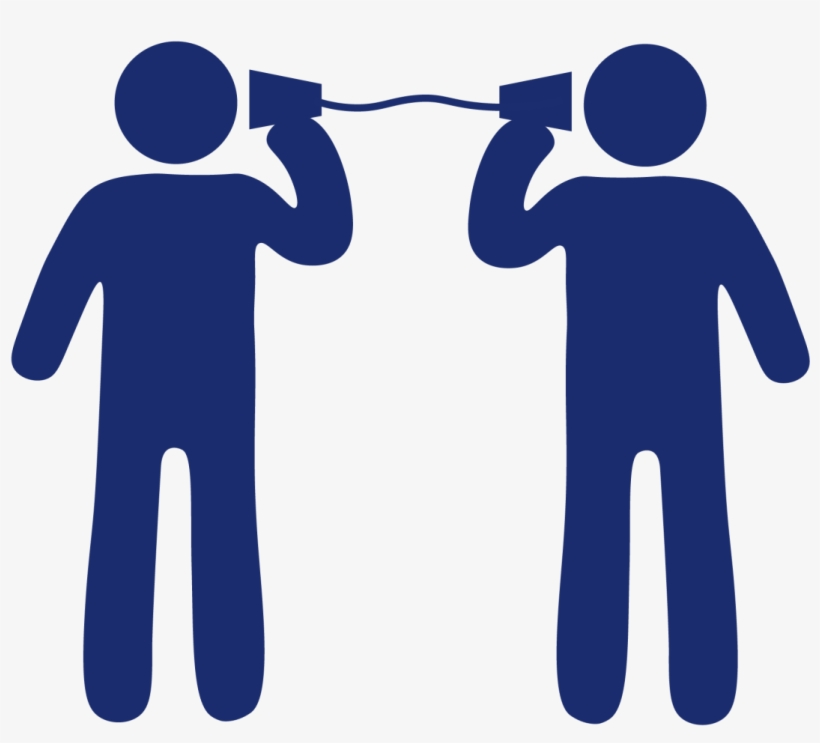Dear PMI Members,
In today's dynamic project landscape, continuous learning and practical application are essential for success. We're excited to introduce these turnkey project management and process improvement resources designed to empower you with the tools and knowledge needed to excel.
Our Approach: Practical Learning for Immediate Impact
We understand that theory alone isn't enough. That's why our resources are crafted to bridge the gap between learning and doing. Each tool is designed to be directly applied in practical working sessions, allowing you to immediately implement new skills and strategies.
Take advantage of the knowledge sharing offered and any template files to download and customize based on your project's unique needs.
Now, we invite you to dive deeper into these valuable resources. Below, you'll find a curated collection of downloadable templates, guides, and tools designed to streamline your projects and enhance your process improvement initiatives. Explore the downloadable files, customize them to suit your specific needs, and experience firsthand the power of practical project management.
Key Benefits:
- Tailor each resource to fit your specific project needs and organizational context.
- Move beyond theory and apply your learning directly to real-world projects.
- Improve communication and collaboration with effective stakeholder management tools.
- Leverage Gantt charts and process improvement methodologies for efficient project delivery.
- Utilize Lean and Six Sigma principles to drive ongoing continuous improvement.
Your Feedback Matters:
We're committed to providing ongoing value to the PMIRGC community. We plan to expand our training webinars based on your interests and feedback. We encourage you to explore these resources and share your thoughts.
PROJECT MANAGEMENT RESOURCES
Get ready to supercharge your projects and knowledge sharing with these PMIRGC homemade resources. We've got tools designed to bring clarity, efficiency, and collaborative power to your fingertips. Click Downloads for more information.
| Project Management Resources | Description | Downloads |
|
(includes Project Baseline, Fact Gathering, and SWOT Analysis) |
Imagine starting every project with crystal-clear direction. This isn't just a form; it's your project's launchpad! We're talking about aligning stakeholders, defining objectives, and setting a solid foundation for success. Plus, we've bundled in essential tools like Project Baseline, Fact Gathering, and a powerful SWOT Analysis. Let's propel those projects into action!
Project Charter: This simple project charter form provides the framework for defining the key aspects of your project and ensuring that all stakeholders are aligned on the objectives, scope, and deliverables. Project Baseline and Fact Gathering: This form should be completed collaboratively with key stakeholders to ensure everyone is aligned to the project objectives and scope. The information gathered in this will be used to create a project baseline, which will serve as a reference point for tracking progress and adjusting as needed SWOT Analysis: Strengths, Weaknesses, Opportunities, Threats |
|
|
Communication is KING! Ensure everyone's on the same page with our comprehensive Stakeholder Register and Communication Plans. Master the Power Interest Grid, Stakeholder Sphere, RACI, and more! We're talking about building strong relationships and keeping information flowing smoothly.
Stakeholders: Effective project management hinges on clear communication and strong stakeholder relationships. The goal is to ensure that the right information reaches the right people at the right time. Communication Plans: examples include Power Interest Grid, Stakeholder Sphere, RACI (Responsible, Accountable, Consulted, Informed), Kickoff Meeting agenda, Team Ground Rules and Setting Expectations, and Stakeholder and Management Commitment |
||
|
Visualize your project's timeline like never before! These Gantt charts are your secret weapon for tracking progress, managing tasks, and hitting those milestones. We've got both Data Tracking and Agile versions in Excel, so you can choose the perfect fit for your project. Let's make scheduling a breeze!
Gantt charts: provide a visual representation of a project's schedule. It’s purpose is to visually display project schedules, tasks, and timelines. It’s used to track and manage progress and illustrate task dependencies and milestones to allow efficient resource management. |
|
|
|
Stop guessing and start knowing! Imagine a project schedule that's not just a timeline, but a roadmap to success. We're talking about taking control, visualizing every step, and ensuring your project stays on track. Dive into our suite of scheduling tools, designed to bring clarity and precision to your projects. With customizable Gantt charts, detailed task breakdowns, and progress tracking, you'll transform scheduling from a headache to your project's superpower. Let's make time work for you! |
|
|
|
Don't let valuable insights slip away! Imagine a project closeout that's not just a formality, but a launchpad for future success. We're talking about capturing every lesson learned, every improvement opportunity, and every strategic advantage. Dive into our comprehensive retrospective tools, designed to transform project experiences into actionable growth. With structured templates, insightful discussion guides, and clear action planning, you'll ensure every project makes the next one even better. Let's turn past experiences into future victories! |
||
|
This log tracks current project issues and assigns actions for effective management. Regularly update it with issue details, action owners, and statuses. Use the "Category" column for reporting and prioritizing actions to keep stakeholders informed and progress on track. |
||
|
Don't get lost in the jargon. This glossary is your go-to guide for understanding essential project management terms. Glossary: This resource provides clear and concise definitions for essential project management terms, drawn from industry best practices and the PMBOK. Whether you're a seasoned project manager or just starting out, this glossary will help you navigate the complexities of project planning, execution, and control. |
Lean and Six Sigma Resources
| Resources | Description | Downloads |
| Lean and Six Sigma Introduction |
Ready to revolutionize your processes? Dive into the fundamentals of Lean and Six Sigma. We're talking about efficiency, improvement, and taking your operations to the next level. |
Lean and Six Sigma Introduction |
| DOWNTIME and Waste Reduction |
Say goodbye to waste! Learn how to identify and eliminate DOWNTIME (Defects, Overproduction, Waiting, Non-Utilized Talent, Transportation, Inventory, Motion, Extra Processing). Let's optimize those processes and boost your productivity. |
DOWNTIME and Waste Reduction |
| Just In Time (JIT) |
Master the art of Just-In-Time production. Improve flow, reduce inventory, and streamline your operations. Discover how JIT can transform your workflow. |
|
| Kanban Board/Cards |
Visualize your workflow and achieve continuous delivery with the Kanban system. Learn how to manage tasks and stay on top of your projects with Kanban boards and cards. |
|
| Spaghetti Diagram |
Track movement and eliminate waste with spaghetti diagrams. See your processes in a whole new light and identify areas for improvement. |
|
| Workplace Organization, 5S, Gemba |
Organize your workspace and eliminate waste with 5S and Gemba walks. Create a clean, efficient, and productive environment. |
Workplace Organization, 5S, Gemba |
| Process Mapping | Lean Process Mapping, including Value Stream Mapping (VSM) and SIPOC (Suppliers, Inputs, Process, Outputs, Customers) |
Value Stream Mapping (excel version)
|
| Stand-Up Meetings |
The Power of Standup Meetings—Short, Sweet, and Super Effective |
Stand-up Meetings |




.png)




